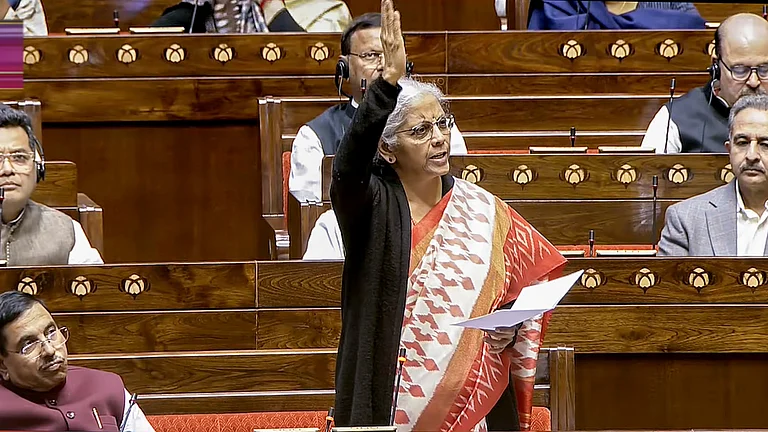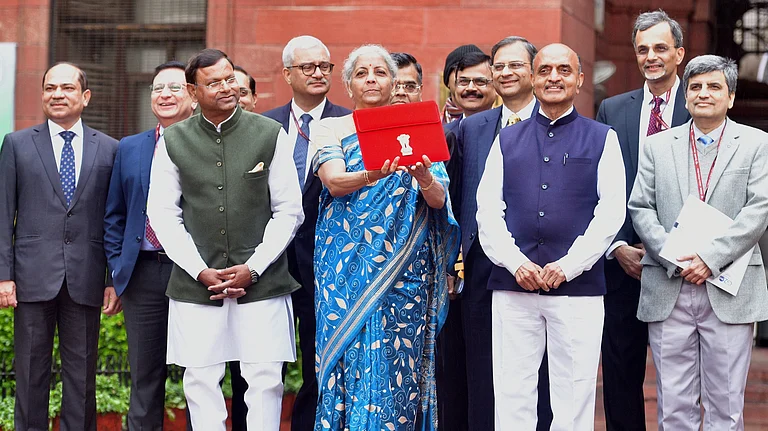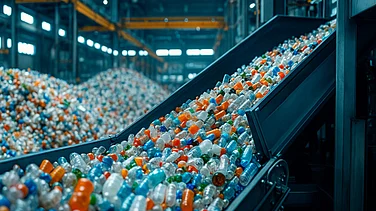The Union Budget 2025-26 comes at a defining moment for India’s manufacturing sector—more so specifically for the country’s electric vehicle (EV) industry, which is driving India’s transition towards sustainable mobility. With rising demand for cleaner transportation, we stand at the cusp of an industrial revolution that not only aims to reduce emissions but also strengthen domestic manufacturing, create jobs and establish the nation as a global hub for EV production.
At the heart of this change is the government’s commitment to achieving Net Zero by 2070—a vision that requires strategic policy interventions, innovation-driven growth and robust industry collaboration. Knowing this, the Budget introduces key policy measures in hastening EV adoption, improving their affordability and supporting micro, small and medium enterprises (MSMEs) in the sector. The following announcements will shape the future of India’s EV industry by addressing both opportunities and existing challenges.
Policy Wins
The announcement of the National Manufacturing Mission is a welcome step in making the transition towards sustainable mobility. This mission will not only offer policy support and a monitoring framework that will prove invaluable not only to the sector but also be a blueprint for sustainable industrial growth in India.
The exemption by the government of Basic Customs Duty (BCD) on cobalt powder, lithium-ion battery waste, scrap and 12 other critical minerals is a game-changer for the EV industry. These critical materials are the foundation of electric vehicle batteries and ensuring their availability is an essential requirement to reduce the cost structure. Reduced import dependence will open up the pathway to a more independent and robust ecosystem of EV manufacturing, ensuring better affordability for consumers and faster adoption across India.
Going forward, an even bigger boost would be provided by the government’s decision to make 35 additional items used in EV battery production duty-free, which would further reduce the cost of production. That is key for making electric vehicles accessible to more consumers.
Boost for Small Biz
Facilitating technology upgradation and easy access to capital will further help smaller companies grow and achieve quality production. By offering support through regulatory reforms, access to raw materials and the establishment of a high-level committee to oversee inspection and compliance, the government is making it possible for smaller businesses to invest in innovation and succeed. This, consequently, will push India closer toward realising its vision of ‘Make in India, Make for the World’, as it becomes a more attractive investment destination for the world’s global manufacturing and technologies.
I also believe that the inverted goods and services tax (GST) structure of 5% on EVs and 18% on batteries remains a critical challenge for original equipment manufacturers (OEMs) as it makes the tax on the input higher than the final product. There is also an urgent need to counter the ‘range anxiety’ of consumers. A lack of substantial allocations for expanding charging infrastructure in Tier-II and Tier-III cities can hinder the widespread adoption of EVs across the country.
Overall, the increased focus on EVs, cleaner energy and green technologies positions India to become a leader in the industry. With the right policies and investments, we can build a thriving EV sector that encourages job creation, innovation and economic growth.
The government’s efforts will play a critical role in shaping the future of electric vehicles in India. The industry is still at a nascent stage, but with continued policy support, infrastructure development and a focus on research and development, India’s EV manufacturing sector is set to contribute significantly to the goal of ‘Viksit Bharat 2047’.
The author is co-founder and group chief executive, Matter Motor. Views are personal.


























